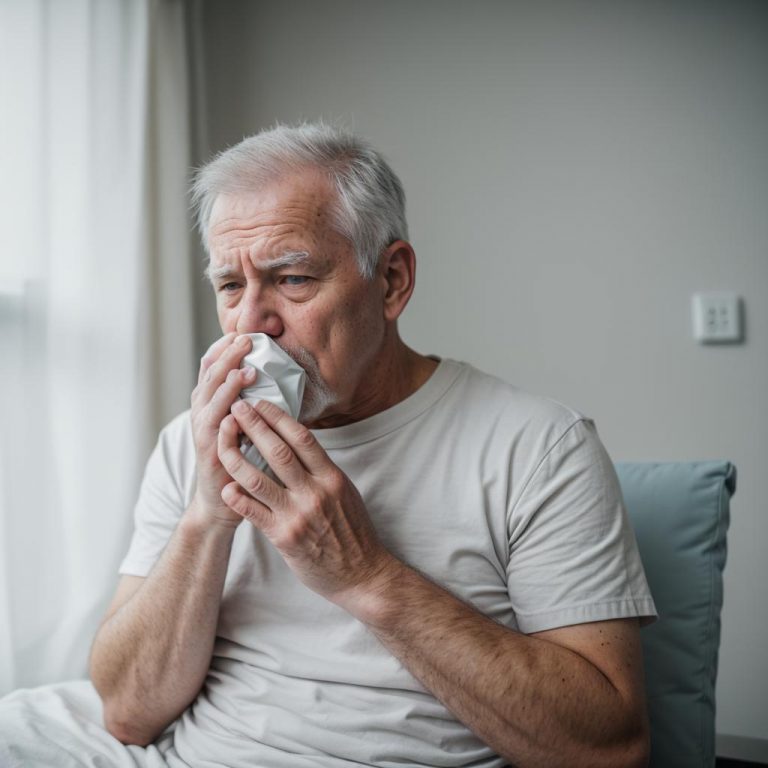

Understanding allergies
Allergies are a common health concern affecting millions of people worldwide.
An allergy is an adverse reaction by the body’s immune system to a substance that is typically harmless to most people. These substances, known as allergens, can be found in various forms, including foods, medications, insect stings, pollen, pet dander, and more. When an allergic person comes into contact with an allergen, their immune system perceives it as a threat and releases chemicals such as histamine to defend the body. This defensive response can lead to a range of symptoms, from mild discomfort to severe reactions that may be life-threatening.
Recognizing allergy warning signs
It’s essential to recognize the warning signs of allergies to manage them effectively. Symptoms can vary depending on the type of allergen and the individual’s sensitivity. Common allergy symptoms include:
Skin reactions:
Skin reactions are prevalent allergic responses and may include itching, hives (raised, red welts on the skin), eczema (itchy, inflamed skin), or swelling.
Respiratory issues:
Respiratory symptoms may manifest as sneezing, nasal congestion, runny nose, coughing, wheezing, shortness of breath, or chest tightness.
Gastrointestinal problems:
Some people experience digestive symptoms such as nausea, vomiting, abdominal pain, diarrhea, or bloating after consuming allergenic foods or medications.
Anaphylaxis:
Anaphylaxis is a severe, life-threatening allergic reaction that requires immediate medical attention. Symptoms may include difficulty breathing, swelling of the face or throat, rapid heartbeat, drop in blood pressure, fainting, or loss of consciousness.
Taking precautions
If you suspect that you or someone else is experiencing an allergic reaction, it’s crucial to take appropriate precautions:
Identify allergens:
Work with a healthcare professional to identify the specific allergens triggering your symptoms through allergy testing. This information will help you avoid exposure to these substances.
Avoid triggers:
Once you know your allergens, take proactive steps to avoid them. This may involve dietary changes, using hypoallergenic products, keeping windows closed during high pollen seasons, or avoiding areas where known allergens are present.
Carry medications:
If you have known allergies, carry prescribed medications such as antihistamines, epinephrine auto-injectors (for severe allergies), or other necessary medications with you at all times. Prompt treatment can help alleviate symptoms and prevent complications.
Communicate:
Inform friends, family members, coworkers, and healthcare providers about your allergies, especially if you have severe reactions. This will help them understand how to assist you in case of an emergency.
Emergency plan:
Develop an emergency action plan with your healthcare provider for managing severe allergic reactions, including when and how to use emergency medications like epinephrine and when to seek immediate medical help.
Allergies can significantly impact daily life, but with proper understanding and precautions, allergic individuals can manage their symptoms effectively. Recognizing allergy warning signs, avoiding triggers, carrying necessary medications, and having an emergency plan in place are crucial steps in living safely with allergies. By taking these precautions, individuals can reduce the risk of allergic reactions and enjoy improved quality of life. If you suspect you have allergies or experience severe reactions, consult with a healthcare professional for proper diagnosis and treatment.



